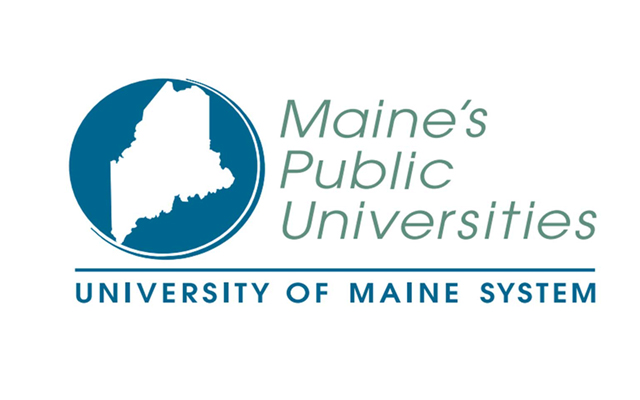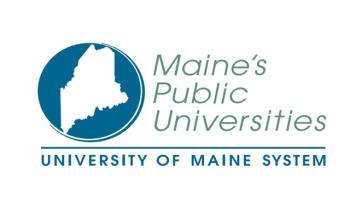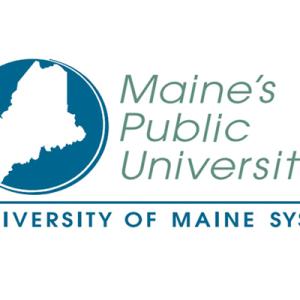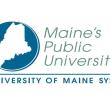UMaine System extends asymptomatic COVID-19 testing across three phases
The University of Maine System is extending planned asymptomatic COVID-19 testing to include a second round of screening for all students or staff arriving from out-of-state, residence hall students, and special populations. The phase two follow up screening will occur 7-10 days after arrival testing and is part of a three-phase surveillance strategy recommended by the UMS Scientific Advisory Board to lower the risk of disease transmission on campus from asymptomatic carriers.
SARS-CoV-2, the virus that causes COVID-19, can shed from an infected individual during a 2-14 day asymptomatic or presymptomatic period. The recommendation for a second round of baseline screening of asymptomatic community members is intended to identify incidents of infection that may have been undetectable or may have arisen during the initial return to campus and testing period. Each round of testing of out-of-state arrivals, residence hall students, and special populations in phase one and two of the screening strategy involves approximately 12,500 individual tests.
Students and staff required to participate in phase one arrival testing can forgo initial phase one testing on campus by securing an approved COVID-19 PCR diagnostic test within 72 hours of scheduled arrival on campus.
UMaine has published an information video on what students can expect as part of the phase one baseline arrival testing that can be viewed at this link and this COVID-19 Testing Guide for students. Similar resources and support are available for students attending each of Maine’s public universities.
“Screening asymptomatic members of our community will allow us to identify infection, isolate it, and slow or prevent COVID-19 transmission,” said Dr. Melissa Maginnis, a UMaine virologist and assistant professor in microbiology leading the UMS Scientific Advisory Board, in a news release. “The science tells us that a second round of screening is essential due to a virus incubation period that can last up to 14 days. Retesting our students shortly after arrival provides an additional layer of safety to limit viral transmission at the outset of the semester.”
“Our plans to bring students back to campus and limit the spread of COVID-19 will continue to evolve to reflect the best available science and safety practices,” said Chancellor Dannel Malloy. “Our Scientific Advisory Board recommended a second phase of screening and we are responding immediately with a plan to make that testing a reality.”
“At the University of Maine and across the System we are engaged in an unprecedented health and safety campaign to do our best to keep our students and communities safe,” said President Joan Ferrini-Mundy. “Our screening strategy, safety practices, personal pledges, and innovation in instruction are all part of a comprehensive plan to be together this fall and to fulfill public higher education’s essential mission for Maine.”
Phase 3 Monitoring
The University of Maine System, as called for in its safe return planning, will also be conducting further monitoring for the disease following the completion of initial baseline screening at the start of the semester to trace and isolate cases of infection. Monitoring will include additional COVID-19 testing surveillance and symptom tracking.
Wastewater testing will also be used to monitor public health conditions on campuses that are home to 78% of the System’s resident hall student population. Campuses with the infrastructure necessary to support wastewater testing include UMaine, UMFK, and USM.
Additional Background
The Scientific Advisory Board was formed by Chancellor Dannel Malloy to advise university leaders and state partners on the latest developments in COVID-19 research and treatments. The board is chaired by University of Maine President Joan Ferrini-Mundy.
In June the University of Maine System announced a partnership with The Jackson Laboratory and ConvenientMD to provide testing and testing support services.
About the University of Maine System
Established in 1968, the University of Maine System (UMS) unites six distinctive public universities, comprising 10 campuses and numerous centers, in the common purpose of providing quality higher education while delivering on its traditional tripartite mission of teaching, research, and public service.
A comprehensive public institution of higher education, UMS serves more than 30,000 students annually and is supported by the efforts of more than 2,000 full-time and part-time faculty, more than 3,000 regular full-time and part-time staff, and a complement of part-time temporary (adjunct) faculty.
Reaching more than 500,000 people annually through educational and cultural offerings, the University of Maine System also benefits from more than two-thirds of its alumni population residing within the state; more than 123,000 individuals.
The System consists of six universities: The University of Maine (UMaine), including its regional campus the University of Maine at Machias (UMM); the University of Maine at Augusta (UMA); the University of Maine at Farmington (UMF); the University of Maine at Fort Kent (UMFK), the University of Maine at Presque Isle (UMPI); and the University of Southern Maine (USM). The System also includes the University of Maine School of Law and the University of Maine Graduate and Professional Center.
Event Date
Address
United States


























